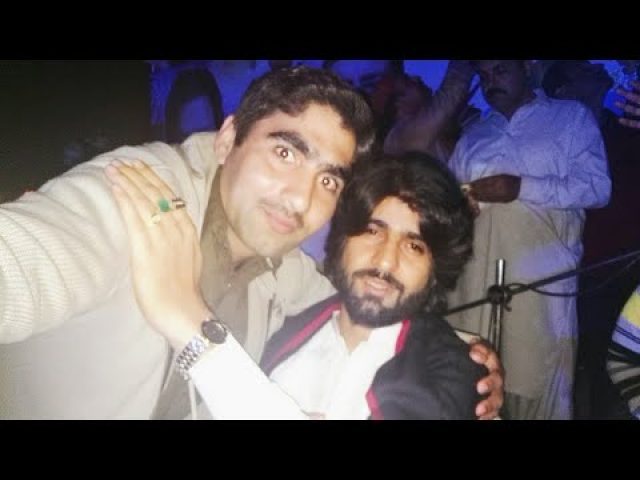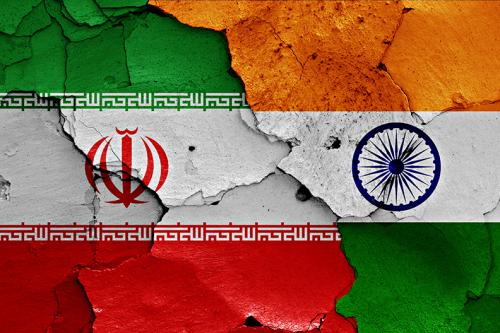News Analysis |
An 18-year-old girl and her 21-year-old boyfriend were beheaded by the girl’s father in a village in Attock district today on 24th September, local publications reported. According to the reports, the boy walked into the girl’s home to meet her where the father and uncle of the girl were already waiting to jump them both. The accused tied both the victims with ropes and beheaded them with sharp objects. Both the suspects were arrested by local law enforcement and a case for the double murder has been registered against them. Local police are citing the incident as yet another case of honor killing.
Exactly a year ago, on September 20th, 2017, a man in Peshawar had killed his two daughters on the “suspicion” that they had illicit relationships. Earlier this month, on 8th September, Aman from a village in Punjab’s Hafizabad district turned himself in after he allegedly killed his daughter, her husband and their two children in what police suspected was a case of ‘honor killing’. According to the police, the suspect was angry at his daughter Sana for marrying a man named Firdous of her free will four years ago. However, after some time he claimed to have reconciled with his daughter.
The loophole can be manipulated to create doubt on the intention of the murder itself, subsequently ruling out honor killing from a legal proceeding.
The police said the man invited his daughter, son-in-law, and grandsons, aged two and three, to his house and once they arrived, he allegedly attacked them with a sharp-edged weapon. There are no official statistics that record the number of “honor killings” mostly because they often go unreported or are passed off as suicide or natural deaths by family members. But as an indication, in the Khyber-Pakhtunkhwa province, 94 women were murdered by close family members in 2017.
In August last year, Bahkt Jan, 15, and Ghani Rehman, 17, were killed with electric shocks by family members on the order of a tribal council in Karachi which ruled that the young couple’s decision to elope violated “honor.” Also in August 2017, a man in Lahore decapitated his wife for refusing to quit her job as a factory worker. In June 2017, a tribal council in Khyber agency ordered the “honor” killing of Naghma, a 13-year-old girl who was accused of “running away” with a man. She was subsequently rescued by security forces and released into the custody of relatives, who murdered her.
Read more: Pakpattan incident: The murder of a vision – Farah Adeed
One of the most widely publicized “honor Killing” cases was that of Qandeel Baloch, social media star and actress, who was killed by her brother in Multan in July 2016. Miss Qandeel had been involved in a public spat with influential cleric Mufti Qavi, who had allegedly threatened her. He was taken into custody after her brother’s dubious “confession” and during a hearing, ran away from the court only to be apprehended again. Mufti Qavi’s flee from the court raised reasonable doubt about his involvement in the murder.
Ms. Baloch’s murder, coupled with another prominent “honor Killing” of a girl in Murree who was left to burn down inside a carry wagon, pushed the lawmakers to pass an honor killing-centric legislation. In October 2016, a joint sitting of both houses of parliament passed two key pro-women bills that had been pending assent for a long time. The move at that time was cautiously hailed by women’s rights activists.
Read more: Who killed Benazir Bhutto? The theories behind the murder
The legislation mandates life imprisonment for honor killings, but whether a murder can be defined as a crime of honor is left to the judge’s discretion. The loophole can be manipulated to create doubt on the intention of the murder itself, subsequently ruling out honor killing from a legal proceeding.














